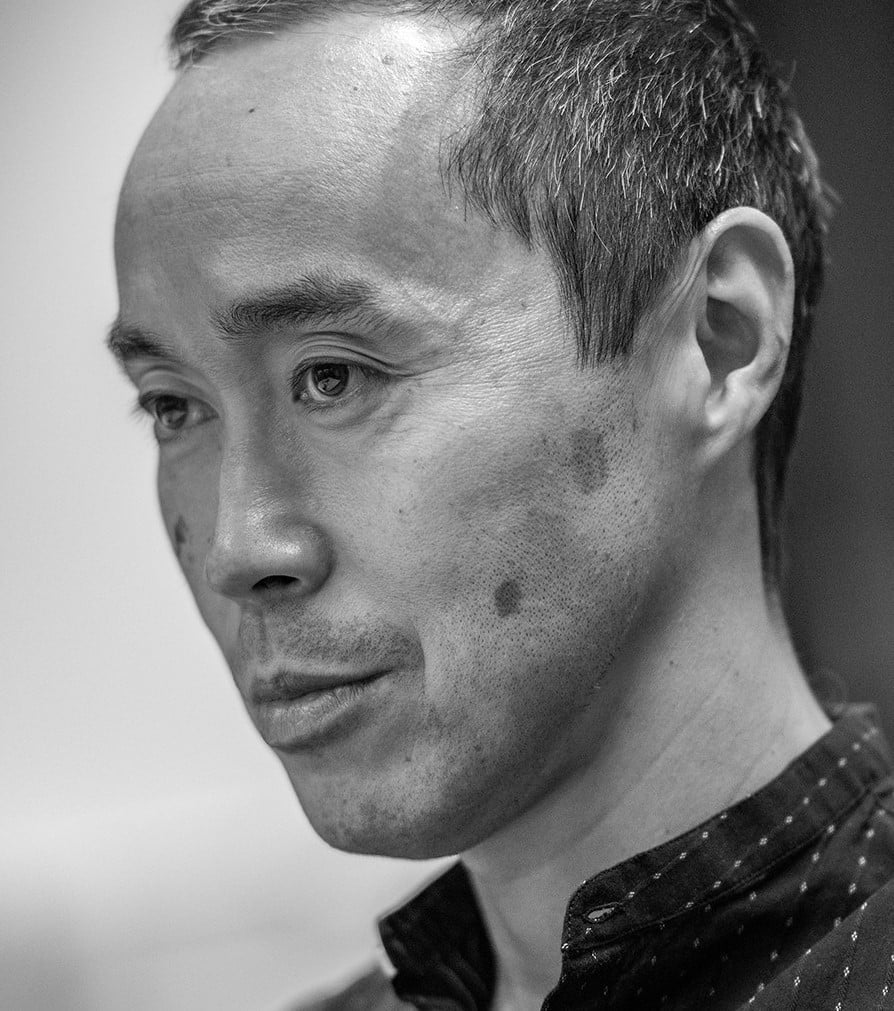
Tash Aw
Tash Aw was born as the son of Malaysian parents in the Taiwanese capital of Taipei in 1971. When he was two years old, his family moved back to their native country. Aw grew up in Kuala Lumpur before moving to the United Kingdom with his family, where he studied law in Cambridge and Warwick. Upon graduation he worked as a lawyer in London and started to write.
In 2002 he completed his degree at the School of Literature and Creative Writing at the University of East Anglia with his début novel; »The Harmony Silk Factory« was published in 2005. The book is set in British-governed Malaysia in 1940, shortly before the Japanese invasion. The story is told through the perspective of a son of businessman, communist, and traitor Johnny Lim, who embarks on a trip to the mysterious Seven Maiden islands with his beautiful wife Snow Soong and a colorful motley troupe. When the ship becomes unable to maneuver one night, events culminate that are rooted in British colonial power as well as in failed dreams of love and freedom. Aw’s narration is atmospherically dense, with a fine sense of humor and a sense for the extraordinary: »I’ve always loved things that are out of context: a contemporary painting in a maiden aunt’s sitting room, a tin of shortbread biscuits in a Malaysian kitchen – little things that become more noticeable, less taken for granted, when moved out of their ›natural‹ environment.« The novel »Map of the Invisible World« (2009) is about two brothers who are adopted from a children’s home by different families. Adam goes to an Indonesian painter who is arrested and disappears, after which Adam goes on a search for him – and his own identity. Aw connects an individual fate with reflections on Indonesia’s road to independence and explores themes of home and integration. His third novel, »Five Star Billionaire« (2013), depicts the aspirations of five modern day Malaysians from across social classes who leave their country to seek their fortunes in Shanghai. It is an interrogation into the contemporary Asian Dream, symbolized by material wealth and incarnated by the rise of China, as well as a meditation on questions of modern migration. For his fourth novel »We, the Survivors« (2019), Aw tells the story of a simple, uneducated man who was born in a Malaysian fishing village, searches for a way to wealth and security promised to all of Southeast Asia, but delivered only to a privileged few. Drifting from job to job, he finally murders a migrant worker from Bangladesh. Aw’s portrait of an outsider shows the erosion of a human life and the devastation of all hope.
Aw received both the Commonwealth Writers’ Prize and the Whitbread First Novel Award in 2005. His work has been translated into 23 languages. He lives in Paris and Kuala Lumpur, and comments on culture and politics in South East Asia for the »New York Times« and the BBC, among many others.
Die Seidenmanufaktur »Zur schönen Harmonie«
Rowohlt
Reinbek bei Hamburg, 2006
[Ü: Pociao u. Roberto de Hollanda]
Atlas der unsichtbaren Welt
Rowohlt
Reinbek, 2009
[Ü: Pociao]
Five Star Billionaire
Fourth Estate
New York, 2013
We, the Survivors
Fourth Estate
New York, 2019
